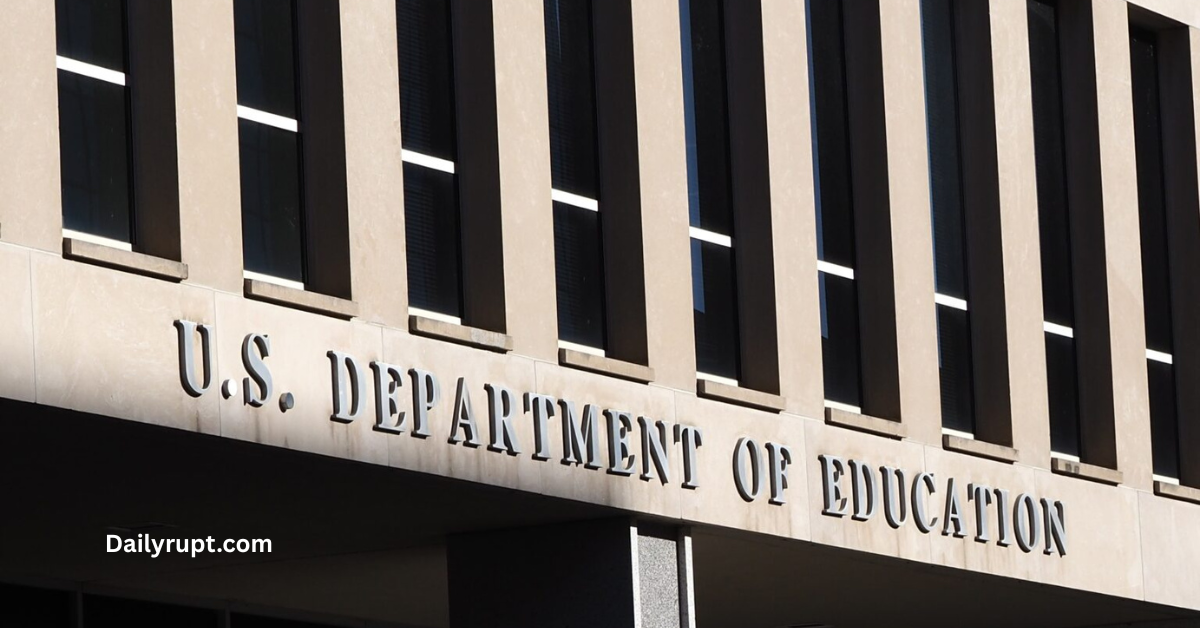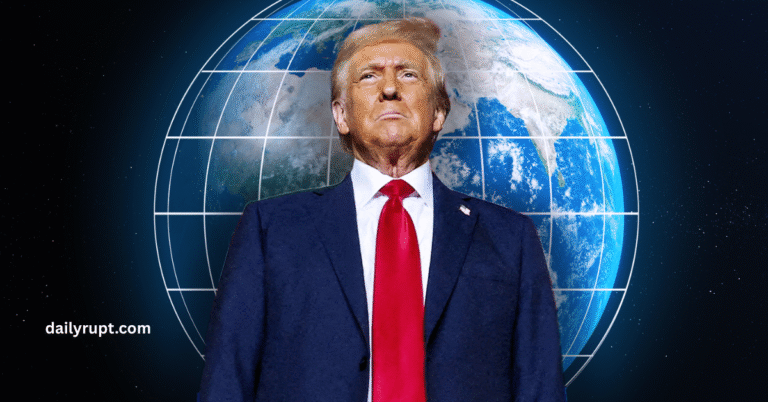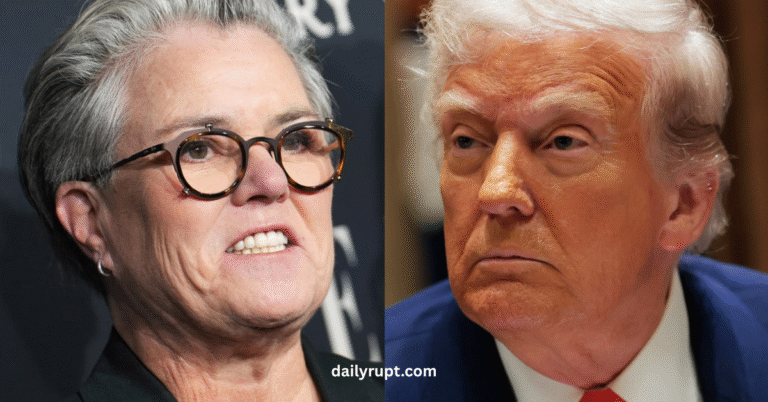Introduction
The Department of Education has long been at the center of national policy debates in the United States. In recent years, especially during and after Donald Trump’s presidency, education policies have seen dramatic shifts, sparking controversy, reform, and widespread media coverage. This article explores the latest Trump news related to the Department of Education, analyzing the key actions, proposed changes, and political implications surrounding this dynamic topic in 2025.
Trump’s Influence on the Department of Education
1. Background During Trump’s Presidency
During Donald Trump’s presidency (2017–2021), education policy experienced a conservative shift. His administration, under the leadership of Secretary of Education Betsy DeVos, prioritized:
- School choice and charter schools
- Reduction in federal oversight
- Cuts to public education budgets
- Reversal of Obama-era Title IX protections
These moves were met with mixed reactions. Supporters praised the emphasis on parental control and decentralization, while critics warned of growing inequality in public education systems.
2. Trump’s Recent Comments and 2024 Campaign Rhetoric
In the 2024 presidential election cycle, Trump reignited education debates. In several campaign speeches, Trump addressed the Department of Education, promising to:
- “Dismantle the Deep State” in public education
- Defund or abolish the Department of Education
- Ban critical race theory (CRT) and “woke ideology” from schools
- Reinforce “patriotic education” and values-based learning
These claims have kept Trump in the education spotlight even after his term, making “Trump and the Department of Education” a trending topic in 2025 news coverage.
Calls to Abolish the Department of Education
One of the most controversial statements from Trump and several aligned Republican lawmakers is the call to eliminate the Department of Education entirely.
Arguments in Favor
- State Control: Advocates argue education should be managed by states and local authorities rather than the federal government.
- Bureaucratic Waste: Critics of the Department claim it adds unnecessary red tape and inefficiency.
- Cultural Concerns: Many conservatives claim the Department pushes liberal values onto students.
Opposition and Risks
However, education experts and civil rights groups argue that eliminating the Department would:
- Disrupt federal funding for low-income schools
- Weaken student loan programs
- Undermine disability and special education protections
This ideological divide continues to fuel debates in 2025, as Trump maintains a significant influence on Republican policymaking.
Trump-Backed Bills and State-Level Influence
Even outside of office, Trump’s endorsements have shaped education policy at the state level. Trump-aligned governors and lawmakers in states like Florida, Texas, and Iowa have introduced bills that:
- Limit discussion of gender and sexuality in classrooms
- Regulate books and curriculum
- Empower parents to remove content deemed inappropriate
These moves echo Trump’s core education messages and have caused ripple effects in national education discourse.
The Department of Education’s Response
Under the Biden Administration
Under President Joe Biden, the Department of Education has largely sought to reverse Trump-era policies, restoring federal guidance on civil rights, increasing investment in public education, and defending inclusive curricula.
In 2025, the Department continues to:
- Monitor states for potential civil rights violations
- Expand student debt relief programs
- Promote equity in education funding
Clash of Ideologies
This has led to a growing tug-of-war between federal and state policies. The ideological battle between Biden’s Department of Education and Trump-backed initiatives remains a significant aspect of U.S. education politics.
Education and the 2025 Political Landscape
Trump’s Continued Media Influence
Even though Trump is not in office in 2025, his public statements on education continue to attract media attention. Through platforms like Truth Social, rallies, and conservative media outlets, Trump amplifies his stance on:
- Ending “indoctrination” in schools
- Promoting religious education
- Resisting “globalist” and “leftist” education agendas
This rhetoric energizes his political base and continues to shape the national dialogue on education.
Republican Party Policy Shifts
Many Republican politicians now echo Trump’s language in their education platforms. The push to reform or abolish the Department of Education has been included in several GOP state and federal proposals, making it a central plank in upcoming midterms and presidential campaigns.
Key Issues in the Trump vs. Department of Education Debate
| Issue | Trump’s Position | Department of Education’s Response |
| Critical Race Theory (CRT) | Ban in schools nationwide | Allow academic freedom and local control |
| LGBTQ+ Curriculum | Remove content related to sexuality and gender identity | Protect inclusive education standards |
| School Choice | Expand charter and private options | Focus on strengthening public schools |
| Student Loan Forgiveness | Opposes large-scale forgiveness | Supports debt relief programs |
| Federal Oversight | Reduce or eliminate it | Maintain and enforce educational equity |
Public Opinion and Polls
Surveys show a nation divided:
- Around 48% of Americans support school choice, while others fear it may hurt public school funding.
- Nearly 60% of Democrats favor federal student debt relief, compared to just 28% of Republicans.
- Young voters (ages 18–35) tend to oppose Trump-aligned education policies, while older conservatives support them.
These divisions play a key role in shaping national education policy as both parties prepare for future elections.
Check the Latest Article Regarding Student Loan Firgiveness > Click Here
Conclusion
The relationship between the Department of Education and Donald Trump continues to define major educational and political trends in 2025. Trump’s lasting influence has reshaped the GOP’s education agenda, sparked fierce debates over curriculum and federal oversight, and challenged the future role of the Department itself.
As the country navigates complex issues like student loan forgiveness, curriculum freedom, and funding equity, one thing is clear: education policy will remain a powerful tool in American political discourse. Whether or not Trump runs again, his legacy and voice will continue to echo through school board meetings, state legislatures, and national debates.












